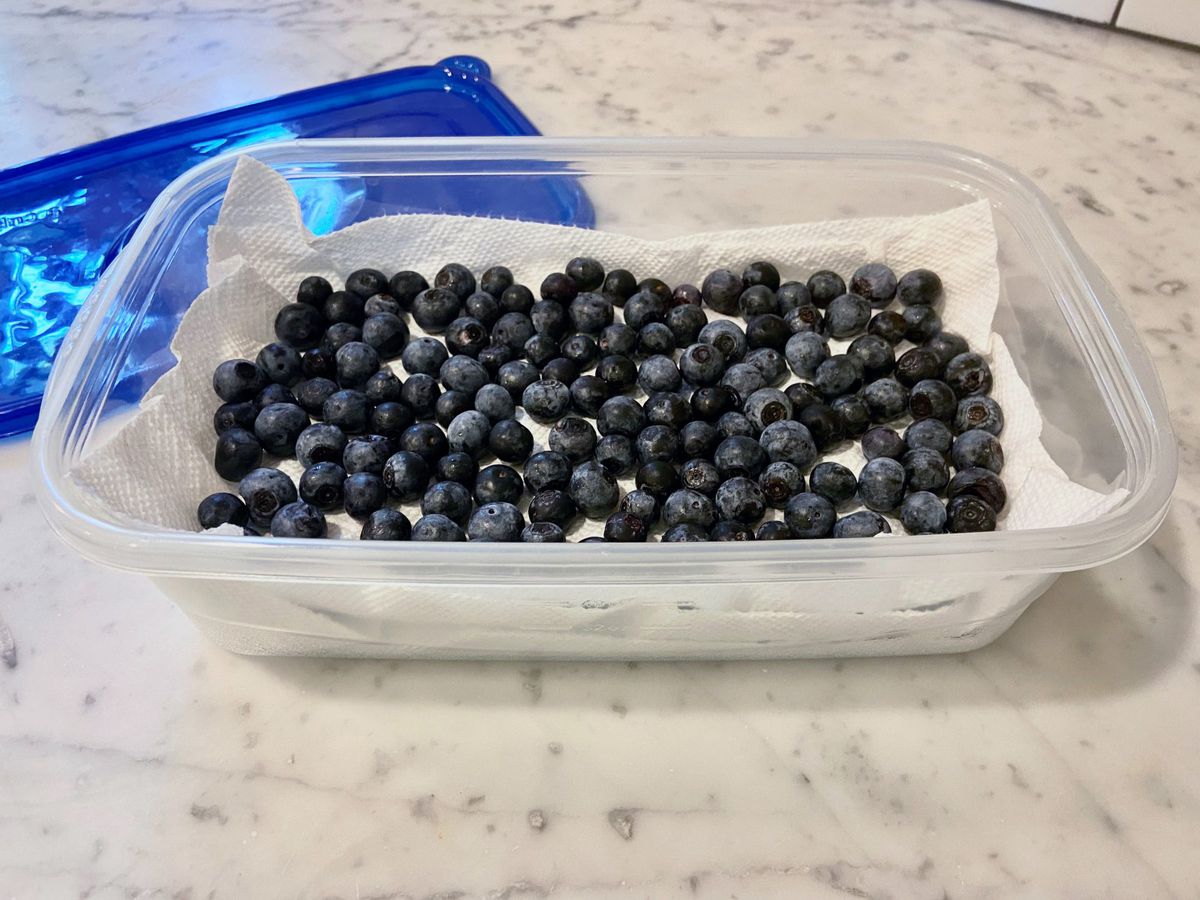

Articles
How To Store Blue Berries
Modified: October 18, 2024
Learn the best techniques for storing blueberries to keep them fresh and delicious with our informative articles.
(Many of the links in this article redirect to a specific reviewed product. Your purchase of these products through affiliate links helps to generate commission for Storables.com, at no extra cost. Learn more)
Introduction
Welcome to the ultimate guide on how to store blueberries! Blueberries are a delicious and nutritious fruit that are popular all over the world. Whether you’ve just picked fresh blueberries from your garden or bought them from a local market, proper storage is crucial to preserve their flavor and freshness for as long as possible. In this article, we will explore different methods for storing blueberries to extend their shelf life and keep them plump and juicy.
Blueberries are packed with antioxidants, vitamins, and fiber, making them a great addition to your diet. They are not only delicious on their own but can also be used in a variety of recipes such as smoothies, pies, muffins, and salads. However, their delicate nature requires careful handling and storage to maintain their taste and texture.
When it comes to storing blueberries, it’s important to consider factors like temperature, moisture, and airflow. Inadequate storage can cause the berries to spoil quickly, lose their flavor, or become mushy. By following the right techniques, you can extend their shelf life and enjoy these delightful berries for an extended period.
In the following sections, we will explore the different aspects of storing blueberries, ranging from choosing the right berries to freezer storage. So, let’s dive in and discover the best methods for keeping your blueberries fresh and tasty!
Key Takeaways:
- Properly storing blueberries is crucial to maintain their flavor and freshness. Whether refrigerating, freezing, or using alternative methods like canning or dehydrating, following the right techniques can extend their shelf life and keep them delicious.
- Handle blueberries with care, store them in breathable containers, and use within recommended time frames to maximize their freshness. By following these tips, you can ensure that your blueberries remain plump, juicy, and delightful to eat or use in recipes.
Read more: How To Store Berries
Choosing the Right Blueberries
When it comes to storing blueberries, selecting the right ones is the first step towards ensuring their longevity. Whether you’re picking blueberries directly from the bush or purchasing them from a market, keep the following tips in mind:
- Look for plump and firm berries: Choose blueberries that are firm to the touch and have a plump appearance. Avoid berries that are soft, wrinkled, or have moldy spots.
- Check for a deep blue color: Blueberries should have a deep blue color, often with a slight powdery grayish-white film called “bloom”. This bloom is a natural protective layer that helps to preserve their freshness.
- Inspect for freshness: To ensure freshness, check for berries that have a smooth and unblemished skin. Avoid berries with bruises or signs of damage.
- Size doesn’t matter: Unlike some fruits, the size of blueberries does not indicate their ripeness or quality. Both small and large berries can be equally flavorful.
It’s worth noting that blueberries are highly perishable fruits, and their shelf life can vary depending on various factors like the quality of the berries and their age. Therefore, it’s best to consume or store them as soon as possible to maintain their optimal taste and nutritional value.
Now that you know how to choose the right blueberries, let’s move on to the next step: preparing them for storage.
Preparing Blueberries for Storage
Before you store blueberries, it’s essential to give them a little bit of preparation. This ensures that they stay fresh and free from any contaminants. Here are some steps to follow when preparing blueberries for storage:
- Gently sort through the blueberries: Remove any stems, leaves, or damaged berries. Discard any berries that are overripe or moldy.
- Rinse the berries: Place the blueberries in a colander and rinse them under cool running water. Gently swirl the berries with your hands to remove any dirt or debris.
- Pat dry: Use a paper towel or a clean kitchen towel to gently blot the blueberries and remove excess moisture. Be careful not to crush or bruise the berries.
It’s important to note that you should only wash the blueberries right before consuming them or using them in recipes. Washing them too far in advance can introduce excess moisture, which can cause the berries to deteriorate faster.
Now that the blueberries are clean and dry, let’s move on to the different methods of storing them to maintain their freshness.
Storing Blueberries in the Refrigerator
The refrigerator is an excellent place to store blueberries as it helps slow down the ripening process and extends their shelf life. Here are the steps to follow when storing blueberries in the refrigerator:
- Transfer the blueberries to a breathable container: Place the blueberries in a shallow container lined with paper towels or in a perforated plastic container. Avoid sealing them tightly as this can trap moisture and cause the berries to spoil.
- Keep them in the crisper drawer: Store the container of blueberries in the crisper drawer, which provides a cool and humid environment. Avoid storing them near foods with strong odors, as blueberries can absorb odors easily.
- Do not wash until ready to use: It’s best to refrain from washing the blueberries until you’re ready to consume or use them. Excess moisture can cause the berries to deteriorate faster.
Blueberries stored in the refrigerator can typically stay fresh for up to one week. However, it’s best to check them regularly for any signs of spoilage and consume them as soon as possible for the best flavor.
Remember, refrigeration can affect the texture of blueberries, making them slightly softer. If you prefer firmer berries, you can consider freezing them instead. Let’s explore the process of freezing blueberries in the next section.
Store blueberries in the refrigerator in a breathable container, such as a paper bag or a perforated plastic bag, to maintain freshness. Avoid washing them until ready to eat to prevent spoilage.
Freezing Blueberries
Freezing blueberries is an excellent way to preserve them for an extended period while maintaining their flavor and nutritional value. Here’s how you can freeze blueberries:
- Prepare the blueberries: Start by washing and drying the blueberries as described earlier. Remove any stems, leaves, or damaged berries. Spread them out on a baking sheet lined with parchment paper.
- Flash freeze the berries: Place the baking sheet with the blueberries in the freezer and let them freeze for about 1-2 hours or until frozen solid. This process, known as “flash freezing,” prevents the berries from clumping together during storage.
- Transfer to freezer bags or containers: Once the blueberries are frozen, quickly transfer them into freezer bags or airtight freezer-safe containers. Label the bags or containers with the date to keep track of their freshness.
- Remove excess air: Squeeze out any excess air from the bags or containers before sealing them tightly. This helps prevent freezer burn and keeps the blueberries in optimal condition.
- Store in the freezer: Place the blueberries in the freezer, ideally in a single layer to minimize clumping. They can be stored for up to 6 months, but try to use them within 3-4 months for the best quality.
When you’re ready to use the frozen blueberries, there’s no need to thaw them. You can add them directly to recipes or thaw them in a bowl in the refrigerator overnight. Thawed blueberries are best consumed within a day or two.
Freezing blueberries is a convenient option, especially if you have a surplus of fresh berries or want to enjoy them during off-season months. However, keep in mind that the texture of thawed blueberries may be slightly softer compared to fresh ones. They are perfect for incorporating into baked goods, smoothies, or sauces.
Now that you know how to freeze blueberries, let’s explore other storage options for blueberries.
Read more: How To Store Golden Berries
Other Storage Options for Blueberries
Aside from refrigerating and freezing, there are a few other storage options you can consider to keep your blueberries fresh:
- Canning: Canning blueberries is a great way to preserve them for future use. Follow a trusted canning recipe and process the blueberries in sealed jars according to the instructions.
- Dehydrating: Dehydrating blueberries removes their moisture content, resulting in a shelf-stable snack. You can use a food dehydrator or an oven set at a low temperature to dry the blueberries until they become shriveled and leathery.
- Preserving in syrup: Preparing a light sugar syrup and preserving the blueberries in it can help retain their flavor and texture. Store the blueberries in glass jars or containers in the refrigerator for a few weeks.
These alternative storage methods allow you to enjoy blueberries all year round, even when they are not in season.
Regardless of the storage method you choose, it’s important to keep in mind that the quality of the blueberries will gradually decline over time. Therefore, it’s always best to consume them as fresh as possible for the most enjoyable experience.
Now, let’s move on to some valuable tips to help preserve the freshness of blueberries.
Tips for Preserving Blueberries’ Freshness
To ensure the freshness and longevity of your blueberries, consider the following tips:
- Handle blueberries with care: Blueberries are delicate fruits, so handle them gently to avoid bruising or crushing. This will help prevent them from spoiling quickly.
- Only wash before using: Avoid washing blueberries until you are ready to consume or use them. Excess moisture can promote mold growth and decrease their shelf life.
- Store unwashed blueberries in the refrigerator: Place unwashed blueberries in a shallow container lined with paper towels or in a perforated plastic container. Keep them in the refrigerator’s crisper drawer to maintain their freshness.
- Seal tightly for freezer storage: When freezing blueberries, ensure they are properly sealed in airtight freezer bags or containers. Squeeze out any excess air to prevent freezer burn.
- Use within recommended time frames: Whether storing blueberries in the refrigerator or freezer, try to use them within the recommended time frames for the best taste and texture.
- Inspect and remove any spoiled berries: Regularly check your stored blueberries for any signs of spoilage, such as mold or odd smells. Remove any spoiled berries to prevent them from affecting the rest.
- Label and date containers: To keep track of the freshness of your stored blueberries, label and date the containers or bags. This will help you know when they were stored and when they should be used by.
- Do not expose to heat or direct sunlight: Blueberries are sensitive to heat and sunlight, which can accelerate their deterioration. Keep them away from direct sunlight or any hot spots in your kitchen.
By following these tips, you can maximize the freshness and flavor of your blueberries, ensuring they are always enjoyable to eat or use in recipes.
Now that we’ve explored various methods of storing and preserving blueberries, let’s wrap up this article.
Conclusion
Proper storage is essential to maintain the flavor, freshness, and nutritional value of blueberries. Whether you choose to refrigerate, freeze, can, dehydrate, or preserve them in syrup, following the right techniques will help extend their shelf life and keep them delicious.
When selecting blueberries, opt for plump, firm berries with a deep blue color. Avoid any signs of damage or spoilage. Preparing blueberries for storage involves gentle sorting, rinsing, and drying to remove any impurities and excess moisture.
Storing blueberries in the refrigerator is advisable, as it provides a cool and humid environment. Use breathable containers and avoid washing until you’re ready to use them. Freezing blueberries is a convenient option, preserving their freshness for several months.
Other storage methods, such as canning, dehydrating, and preserving in syrup, offer different ways to enjoy blueberries throughout the year. However, always prioritize consuming blueberries as fresh as possible for the best taste.
By following tips like handling blueberries gently, properly sealing containers, and using within recommended time frames, you can ensure their optimal freshness. Regularly inspect your stored blueberries and discard any spoiled ones to prevent contamination.
Now that you’re armed with valuable knowledge on how to store blueberries, you can enjoy these delectable berries in various recipes or as a nutritious snack for an extended period. Remember, the freshness of blueberries enhances their flavor and makes them an even more delightful treat.
So go ahead, store your blueberries correctly, and savor their irresistible sweetness in every bite!
Frequently Asked Questions about How To Store Blue Berries
Was this page helpful?
At Storables.com, we guarantee accurate and reliable information. Our content, validated by Expert Board Contributors, is crafted following stringent Editorial Policies. We're committed to providing you with well-researched, expert-backed insights for all your informational needs.
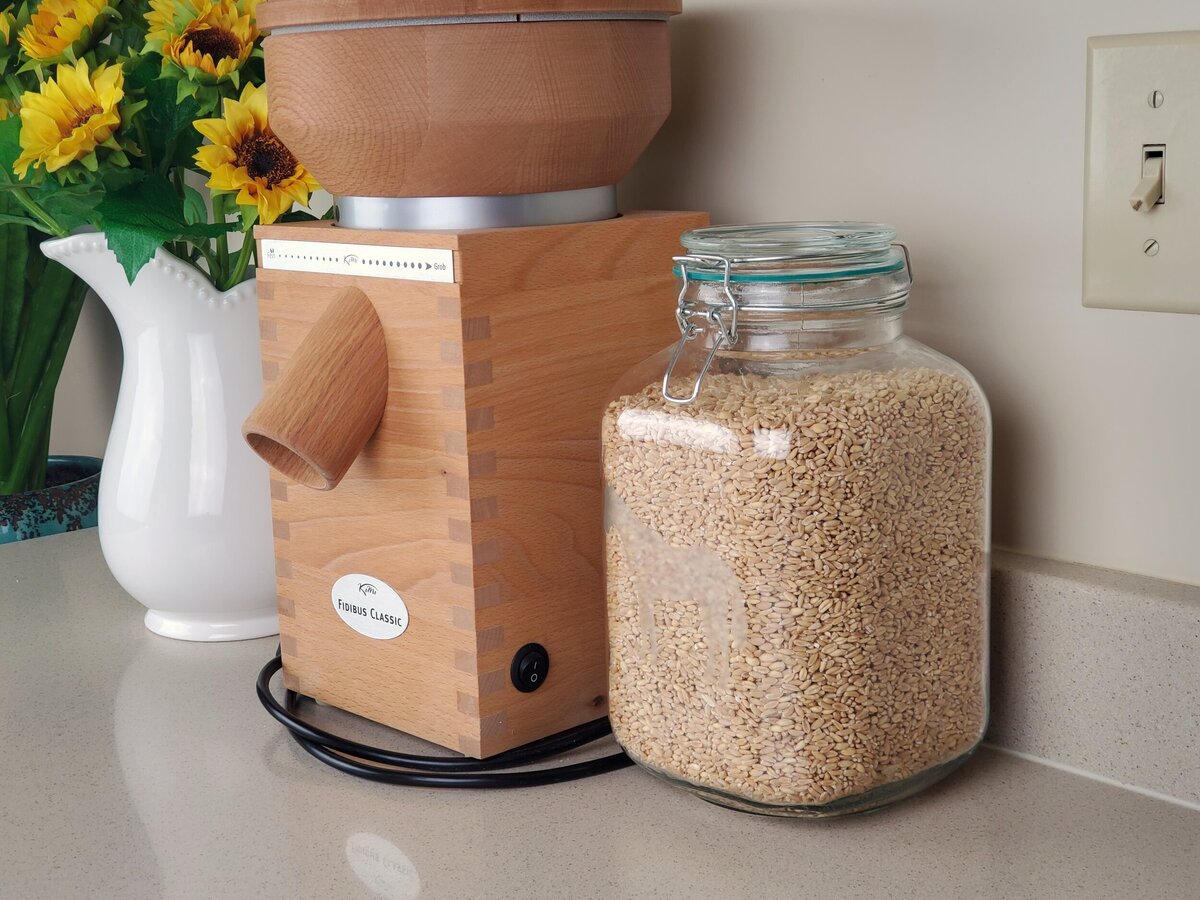

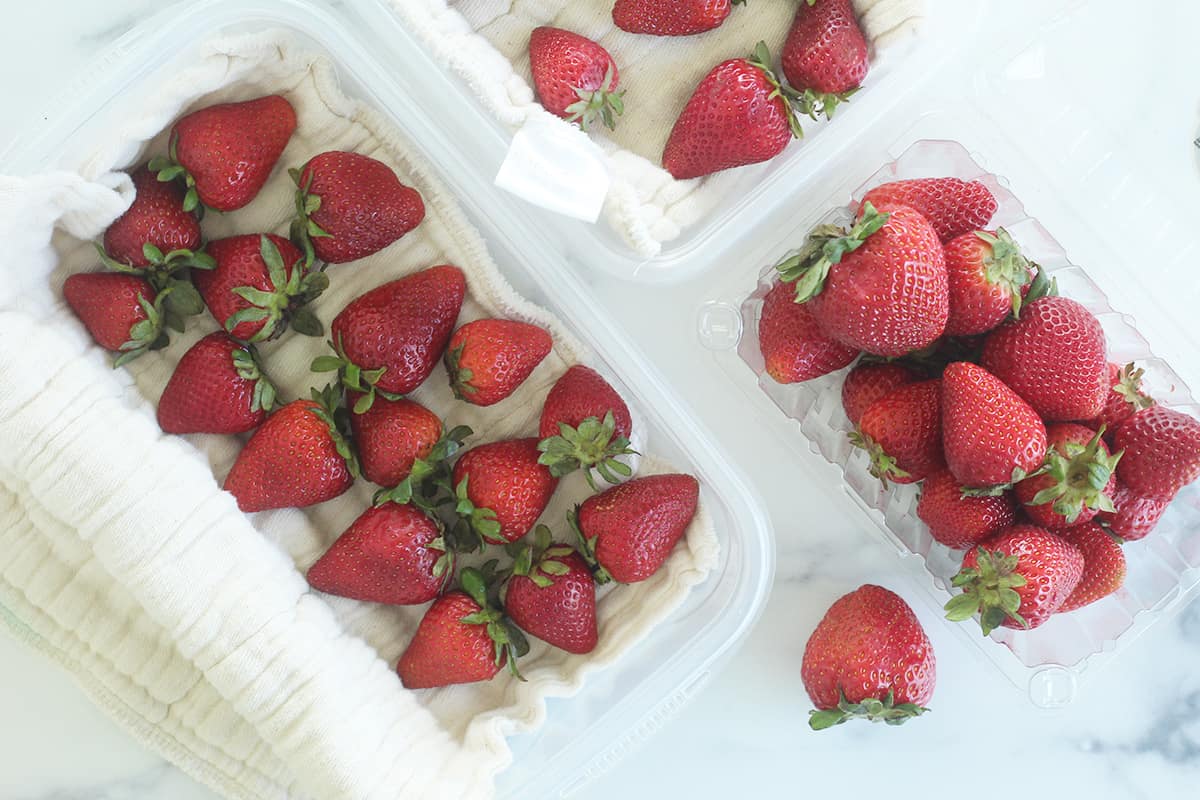
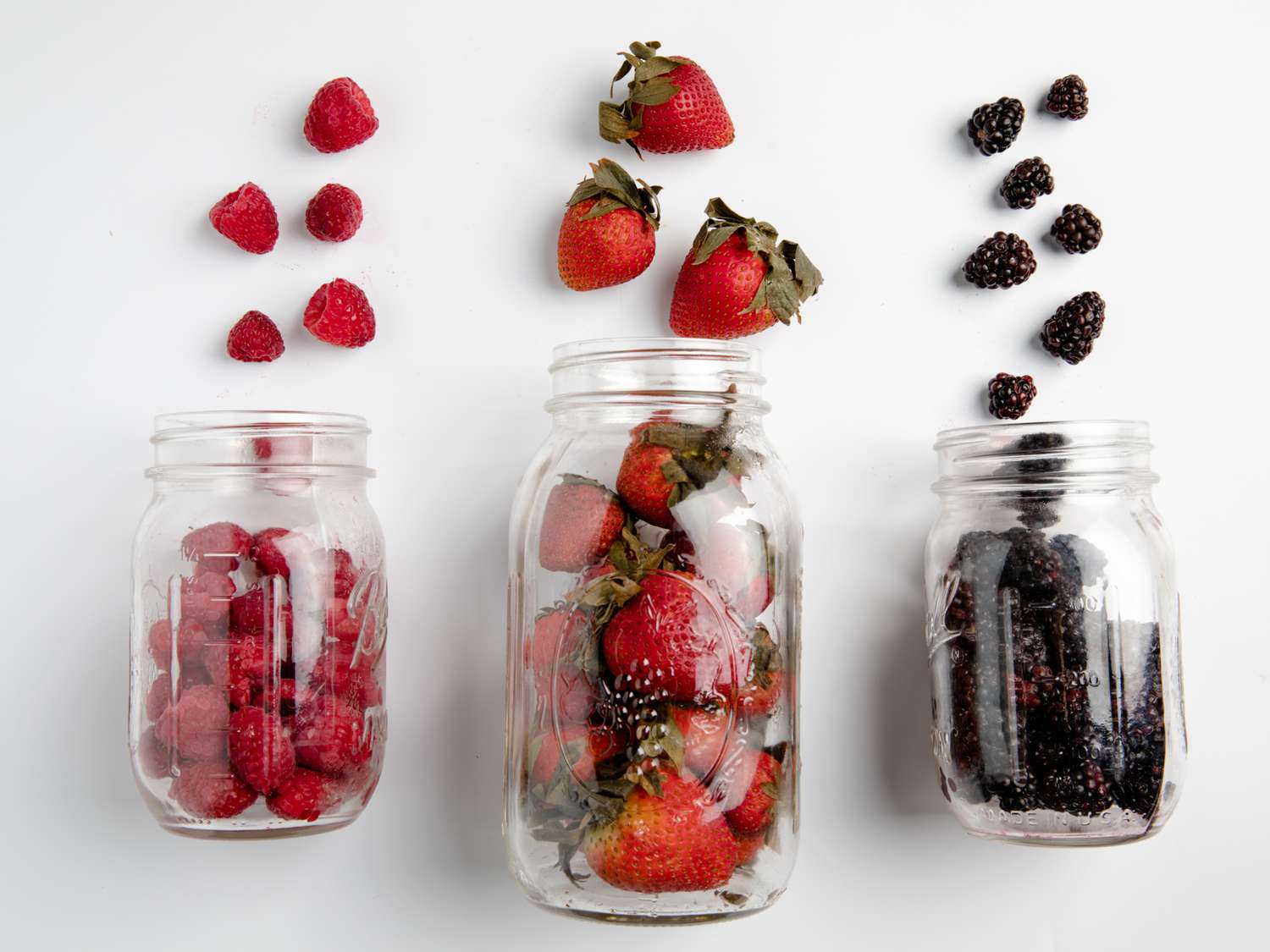
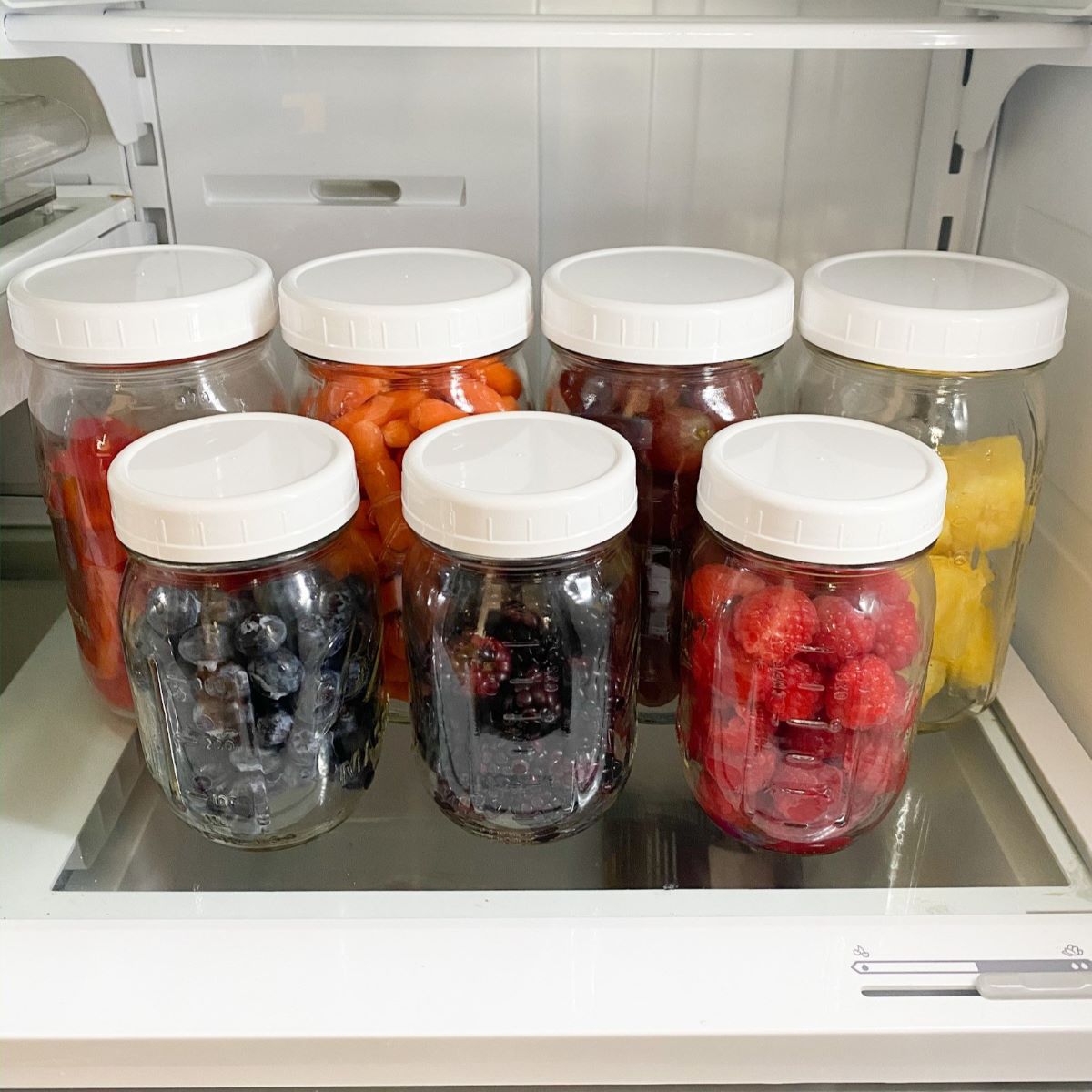
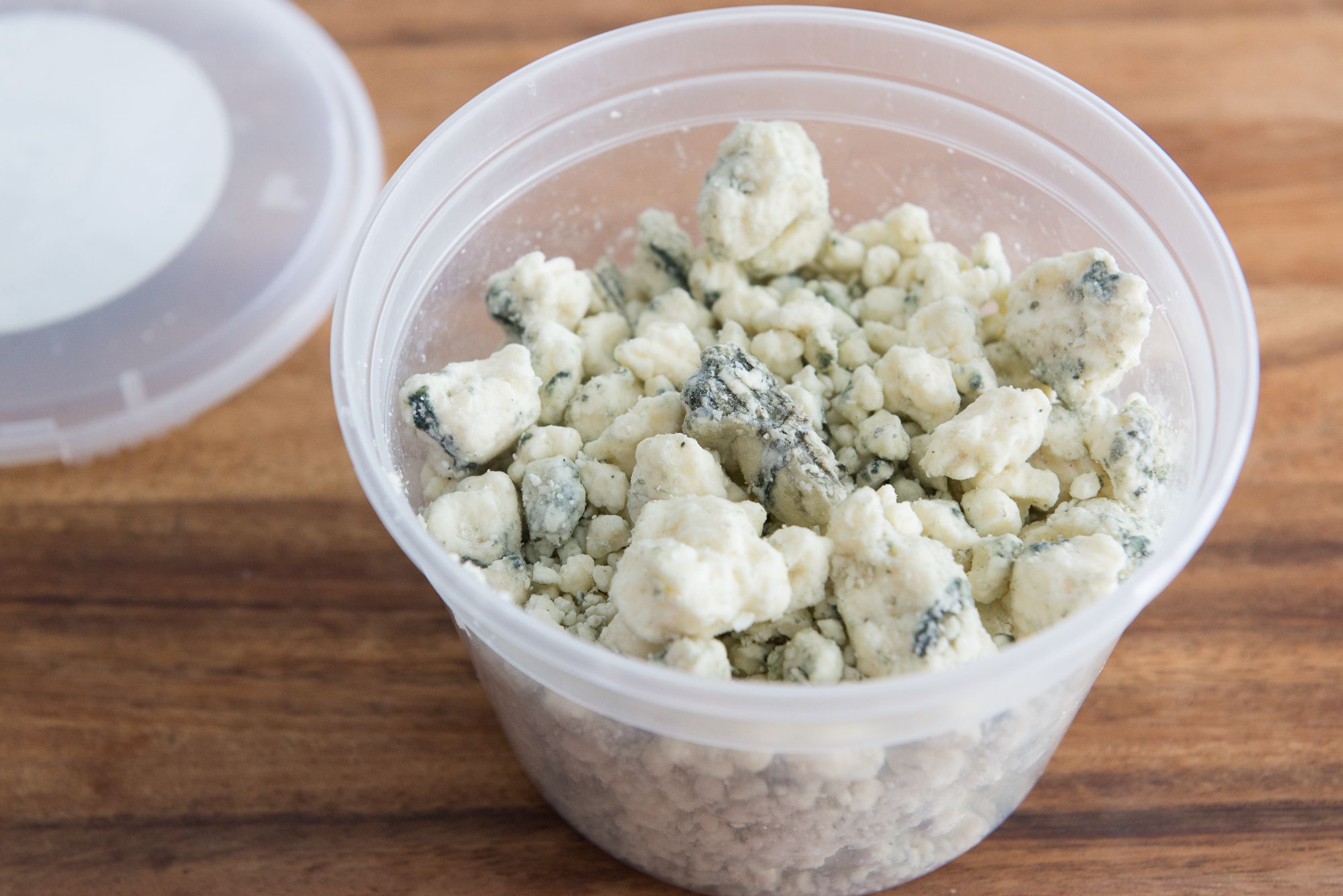



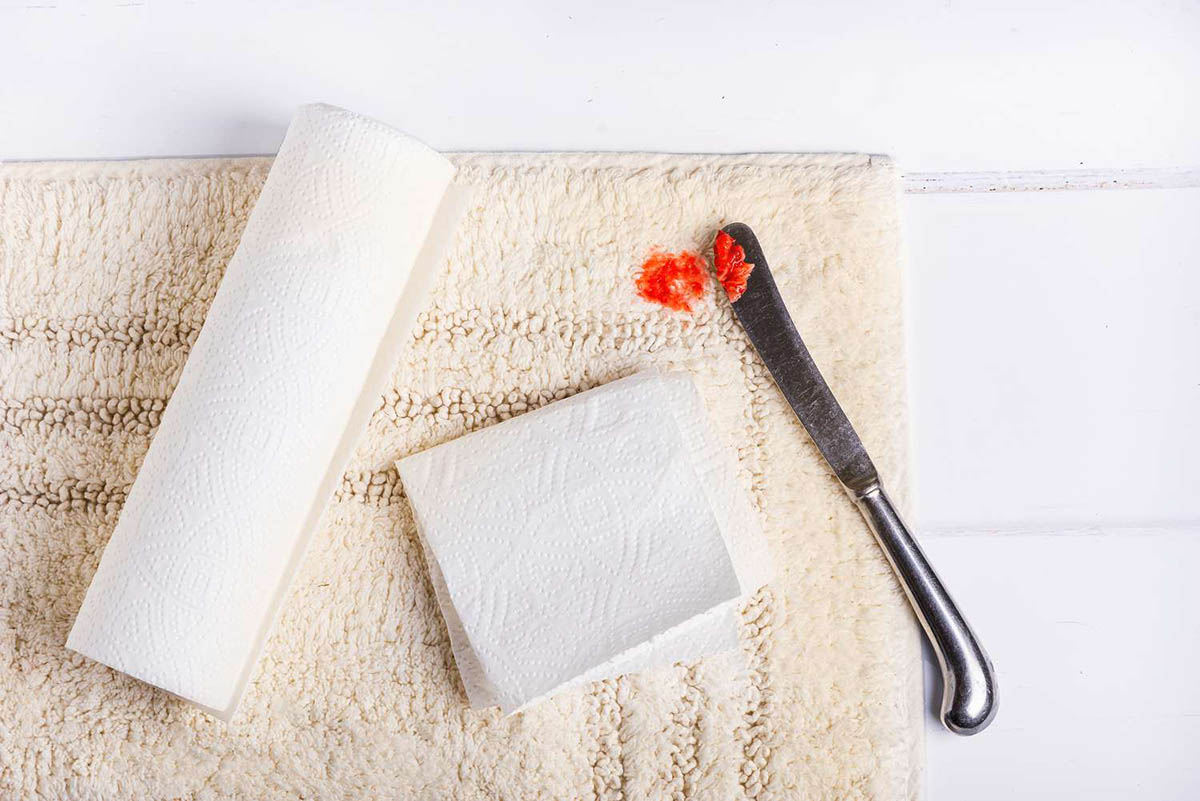





0 thoughts on “How To Store Blue Berries”